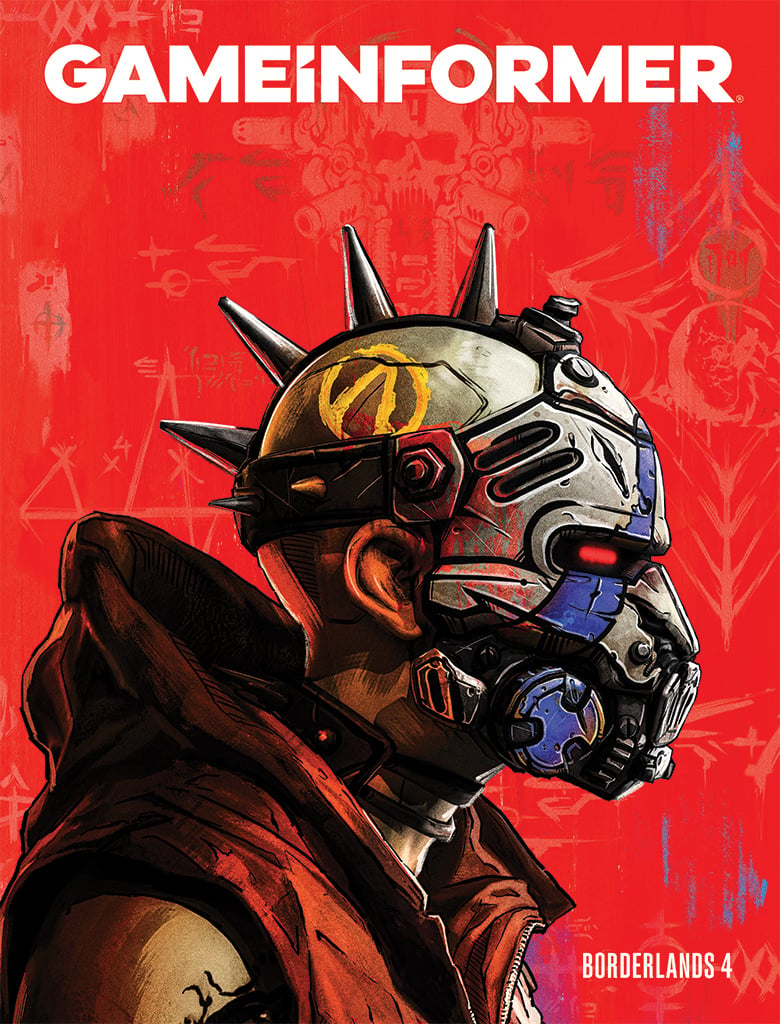Last chance for early bird pricing! Subscribe by June 25th to receive the debut issue
Opinion – Single-Player Isn’t Dying, It’s Evolving

Last week when Electronic Arts announced the closure of Visceral Games and revealed it was going back to the drawing board with its Star Wars action game, the news caused a wave of panic about the imminent death of single-player games. Though the publisher's statement said that the new version of the game would still be single-player and former EA employees stressed this was a migration to open-world games – not a push to completely remove campaigns – that didn't stop a wave of obituary editorials and hysterical posts on social media. While the death of single-player may be greatly exaggerated, this pivot is further evidence that conventional thinking around designing single-player games isn't vanishing, but rather evolving.
Why are publishers and developers pushing toward a more open future? EA claims it's the result of user lab testing and gauging player interest, but other business consideration certainly come to mind as well. Low sales of recent traditional single-player games like Prey and Dishonored 2, both of which struggled with sales despite critical acclaim, likely factor into the conversation. The fact that sprawling open-world games are more commonly selling well probably doesn't hurt this push, either. Over the past several years, titles like The Elder Scrolls V: Skyrim, The Witcher 3: Wild Hunt, Grand Theft Auto V, and Ghost Recon Wildlands have proven that open-world games have the potential to top the sales charts for months – sometimes even years.
Many recent success stories have stemmed from established franchises placing more focus on open-world design for their single-player campaigns. Rocksteady broke down the corridors of Arkham Asylum for the critically acclaimed Arkham City, while The Witcher 3 and The Legend of Zelda: Breath of the Wild became the series' biggest and most explorable games. Final Fantasy XV was not only more open than any entry in franchise history, but it also implemented a service-based structure to keep new content coming post-release. We've even seen developers traditionally known for their linear games garner more success through open worlds, the most recent example being Guerrilla Games going from Killzone to Horizon Zero Dawn, which brought higher sales numbers.

EA didn't mention it explicitly, but you can surmise that another underlying reason for this trend is the skyrocketing budgets of triple-A games. Fixed pricing means that standard editions of triple-A games are typically priced the same regardless of scope, causing publishers to search for additional revenue streams where they can. These additional cash sources are easier to implement in open-world games than story-based, linear titles. We've witnessed this recently as games like Middle-earth: Shadow of War and Assassin's Creed Origins have courted controversy for their inclusions of optional microtransaction loot boxes. These tactics have met resistance from a vocal player base. However, despite that disdain, the practice seems to have only served to reinforce the bottom line for publishers, as in most cases the games continue to sell well.
If you find yourself in the camp of wanting traditional single-player experiences, there is good news - outliers always exist. This past year alone, we've seen great traditional single-player campaigns like Persona 5 and Hellblade: Senua's Sacrifice that feel more aligned with the single-player experiences of yesteryear. That looks to continue next year with highly anticipated releases like God of War and The Last of Us: Part 2. These kinds of experiences will always exist despite any evolution affecting the industry.
With this many different kinds of great single-player experiences, it clearly demonstrates that a healthy appetite exists for both creating and playing these types of games. Even as publishers evolve their approaches to confront ever-changing business realities, you can still take solace in the fact that single-player games are continuing to improve in meaningful ways. Whether you're talking The Witcher 3's approach to side-quests or the narrative mastery in The Last of Us, these story-focused games continue to push forward and deliver the experiences players crave. Trends come and go, but single-player is here to stay.










